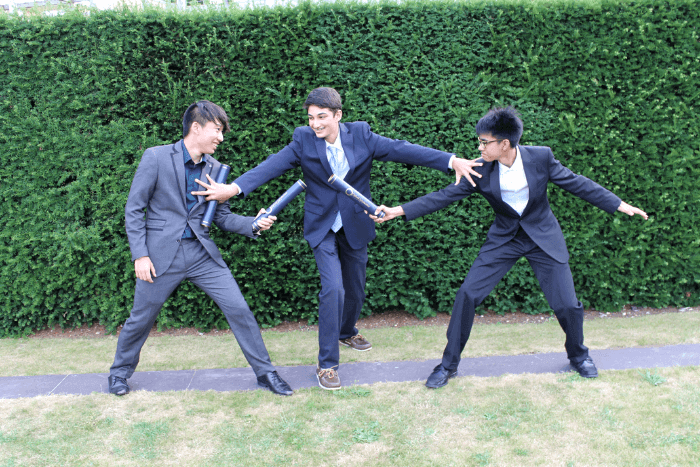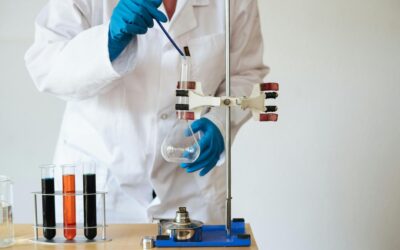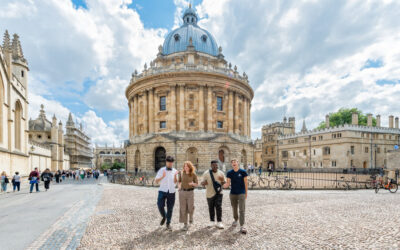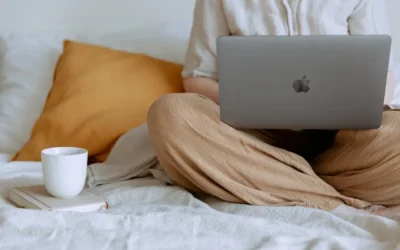Education is a lifelong process, and every single one of us is now in Covid school.
What do we do with a plague that became a quarantine that became a school? It can be hard to distinguish between Covid and his lessons, between the suffering of plague and the experience of quarantine. We know what to do with plague: suffer. We are beginning to know what to do with quarantine: learn.
A school is any place where you learn, not any place that calls itself one. When the world economy crashes; when parents become teachers; when families become communities; when routines no longer provide structure and conveniences no longer disguise our choices; when we never see the faces of those whose lives we save or end everyday, nor those who save or end our lives everyday – we are in a place of deep, indelible learning.

What We Learn
We learn how selfish humans can sometimes be, such as those retailers who increased the prices of human necessities to profiteer from the crisis. We learn how selfless humans can be, such as strangers slipping notes under my door, asking me to email them if I need food brought to me. We learn how much people change, such as Prime Minister Boris Johnson praising the NHS and pointing out his nurses were nearly all immigrants after having argued for NHS and immigration cuts prior to his hospitalisation. We learn what it means to slow down, to have slowness be normal – and to contemplate whether we want to return to normal.
We learn we would trade the four rovers on Mars for four more ventilators. We learn doctors, in addition to saving lives, now have to choose which lives to save. We learn many of the people making minimum wage perform the most vital functions. We learn most people and most corporations lack the savings to remain solvent through a few more months of quarantine. We learn that soon, governments may decide how many people to sacrifice to save how many corporations.
We learn to wake up to birdsong rather than an alarm. We learn another life is possible on the other side of this plague rather than a presumed return to the status quo. We learn that taking care of each other is the most practical skill the future may demand of us.
Consumption and Compassion
Our future may not permit or value the kinds of successes we measured heretofore. In a consumerist society, parents appear successful insofar as their children make more money than they did. Consumers are programmed to produce better consumers. This zeitgeist is coming into question as consumption and non-sustainability have everything to do with how this virus began and spread.
In a compassionate society, parents still want their children to succeed, with wealth being but one kind of measurement. Success may become understood less exclusively in terms of what we get from the world and more cohesively in terms of how we change it.
A tree would not be considered successful in a consumerist society. But it sequesters carbon to ameliorate climate change, fixes soil to lessen erosion, provides homes for myriad species, sheds leaves to help engender topsoil (without which most plants could not grow), engages in complex symbioses with fungi to enrich soil with micronutrients, grows fruit and flowers to feed other species. A tree is a success the moment you ask what it gives rather than what it gets.
It teaches us that it’s not what we take from the world, but what we make of the world that matters. It teaches us that it’s not what we have that others lack, but when others lack, what we do.
Today and Tomorrow
What differences will parenthood take on as society transitions to its post-Covid reality? Parents and schools are not preparing their children for a world they can predict – or expect. We can no longer believe the meritocratic myth of doing well in school to do well in life, for there is no merit to non-sustainable practices. Governments already in trillions of debt are borrowing additional trillions to sustain their citizens and corporations. The credit culture is paradoxically no more as we engage more debt than ever.
Our economy and our ecology have been borrowing more and more from tomorrow. We have taken from tomorrow to enrich today. Just as doctors have to choose which patients to save, governments will choose which companies to save. And so we ask ourselves: Instead of raising our children to take from tomorrow, how can we raise them to improve it?
Humans are interlinked when fidelity to quarantine becomes survival en masse. Businesses are interlinked when greed means too few saved too little. There are too few ventilators for the people, and too few bailouts for businesses. We can no longer think of our children’s success separately from the world’s success. We can no longer think of our tomorrow separate from our today.

Sustainability
This coronavirus evolved not in our bodies but in our culture, a by-product of our non-sustainable way of life. It evolved in a live animal market, likely filling an ecological niche of being able to jump from bats to pangolins to humans (this is not certain) and now, from human to human. These three species are not normally near enough to each other to form this ecological niche. But in a live animal market, they are.
One lesson we should give our children is what happens when we fail to consider not only our benefit but the needs of our world as a whole. Whether this becomes more a part of academic curricula or the cultural mores through which we raise the coming generation, the relationship between humans and the biosphere is as crucial as it is neglected.
The world has changed, and so the guidance we provide our children must change accordingly. Parents and children need to discuss what it means to be altruistic given the sacrifices we make in quarantine. Would you go out right now if your quarantine were legally lifted? How much would you have to be paid (or lose) before going to work? What is the actual reason you engage in social responsibility? How will you live in a world that is increasingly unstable in economy and ecology? And finally: given these questions and evolving answers, how are you raising your children?
Growing a garden to learn about taking care of life and being sustainable may not be a novelty but a requirement of both the economics and culture of tomorrow. Families learning to feed themselves and their communities may become a part of our participation with the web of life. Schools teaching students to think of and care for the environment rather than achieve wealth in a non-sustainable way of life may be not only kind, it may mean survival.
Discussing with our children not only the legal obligations of quarantine, but the meaningfulness of sacrificing freedom for community may invoke greater awareness. Children should not only think they are waiting this period of time out; they are learning what it means to align with the needs of a greater whole for a greater good. These are the conversations and lessons that need to take place both at home and at school.
We are meant to respond to this plague with more than antibodies and vaccines. We need to become more conscious – of how we got here and where we are to go. If we see that public education as an institution is going to be slow to answer these questions as a form of socialisation, we see depending on institutions to tell us what to do is part of how we got into this mess. One of the deepest impacts of this plague is parenting being about how children will grow to shape the world that for too long we have misshapen.

By Mitch Artman
Mitch is a third generation teacher, attempting to create the classes he wishes he’d had as a student. He teaches psychology, sociology, public speaking, political theory and literary theory. He lives in Oxford with his wife and twin daughters.




